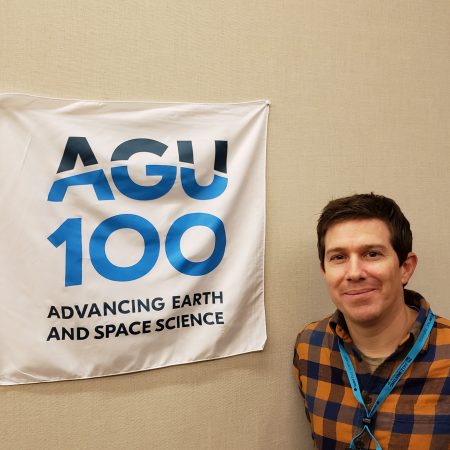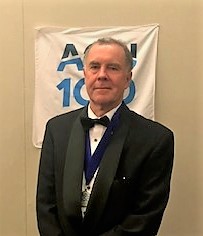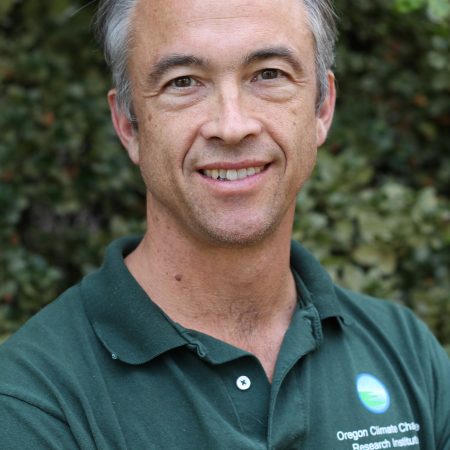Refine
Date Range Clear
Recorded by Clear
Keywords Clear
Partnerships Clear
- No matching terms.
Organizations Clear
- American Geophysical Union 9
- The American Geophysical Union 2
- Ameican Geophysical Union 1
- American Geophsyical Union 1
- European Geophysical Union 1
- 3 more
Places Clear
Languages Clear
- No matching terms.
Initiatives Clear
- No matching terms.
James Butler has studied atmospheric chemistry, ozone depletion for over thirty years. Now, as the Director of NOAA’s global monitoring, he helps direct research into the hole in the ozone layer and climate change. He knows firsthand that we have...
The next time you see a young kid skateboarding through the neighborhood, possibly listening to punk rock on their earbuds, remember that one day that kid could be your local science professor. Doug Jerolmack’s sturdy voice and love of experimenting...
Sandra Cauffman was told growing up in Costa Rica that she couldn’t be an electrical engineer because she was a woman. Decades into a career which has largely involved getting her hands dirty building instruments to fix on spacecraft, the...
Sprites are electrical discharges like lightning, but up in the middle atmosphere. Having only been in the scientific literature since the 1990s, sprites captured Geoff McHarg’s imagination while observing the Aurora in Alaska. Perfect for a guy whose view of...
David Young, Director of Science at NASA Langley Research Center, discusses his life's work studying the earth's climate. After an early interest in astrophysics, he focused in on earth science due to his desire to do research to help humans....
Michael Freilich, Director of NASA's Earth Science Division, shares about his life studying the oceans and Earth as a system. While still in his high school's oceanography club, he started exploring a question about how waves move that later became...
It took 21 years for Trevor McDougall to leave Australia, but when he did, he was on a plane headed to the University of Cambridge and a masters and Ph.D. in Oceanography. Besides the life-changing event of going from one...
In this inspiring interview, Becca Barnes, Bianca Rodriguez-Cardona, Evelyn Valdez-Ward, and Ben Sulman, four early-career biogeoscientists come together to share their reflections on what it means to be a scientist today. How can scientific knowledge be spread on social media?...
After being drawn to the oceans at an early age, Paula continues to examine many factors that influence changes in the oceans. As a program manager for NASA, she enjoys the opportunity to work with dedicated researchers and learn how...
Is it a good time to be a climate scientist? Yes, says Phil Mote, Director Oregon Climate Change Research Institute at Oregon State University. Predictions over the past 40 years are coming true and while some look at that with...





!["I joined an Oceanography club & actually asked the question that ended up [being] my thesis." an interview with Michael Freilich](https://archive.storycorps.org/uploads/2019/02/181212_Freilich-450x450.jpg)



